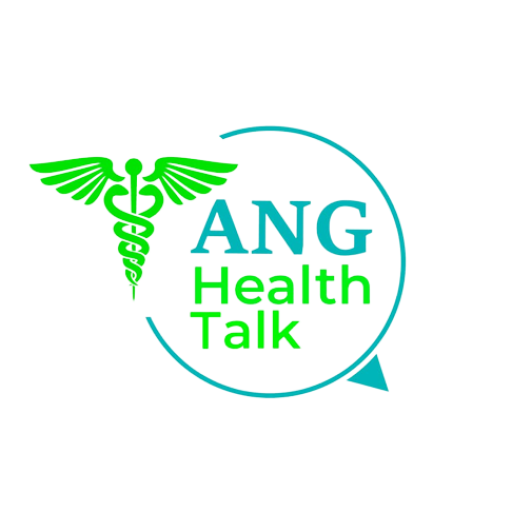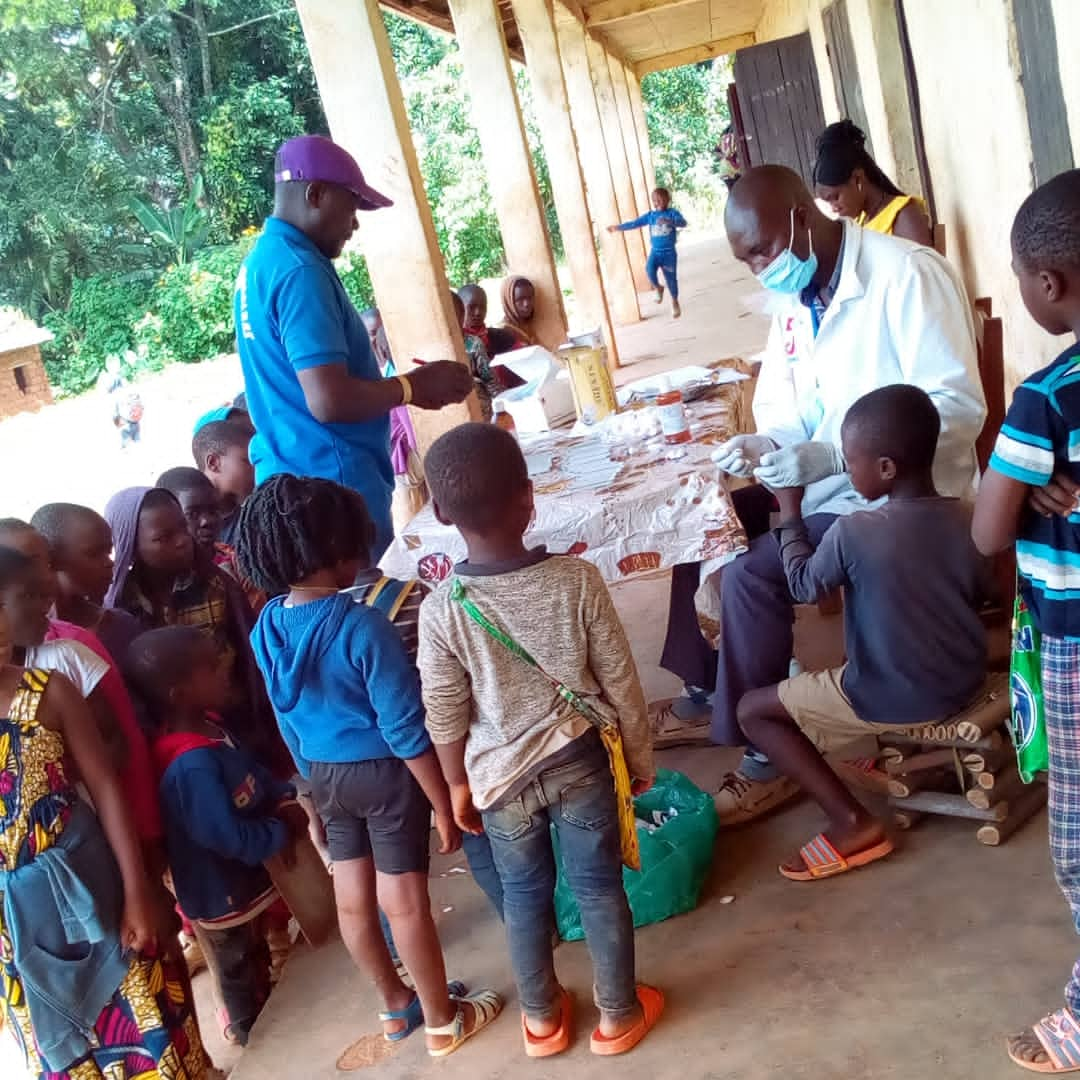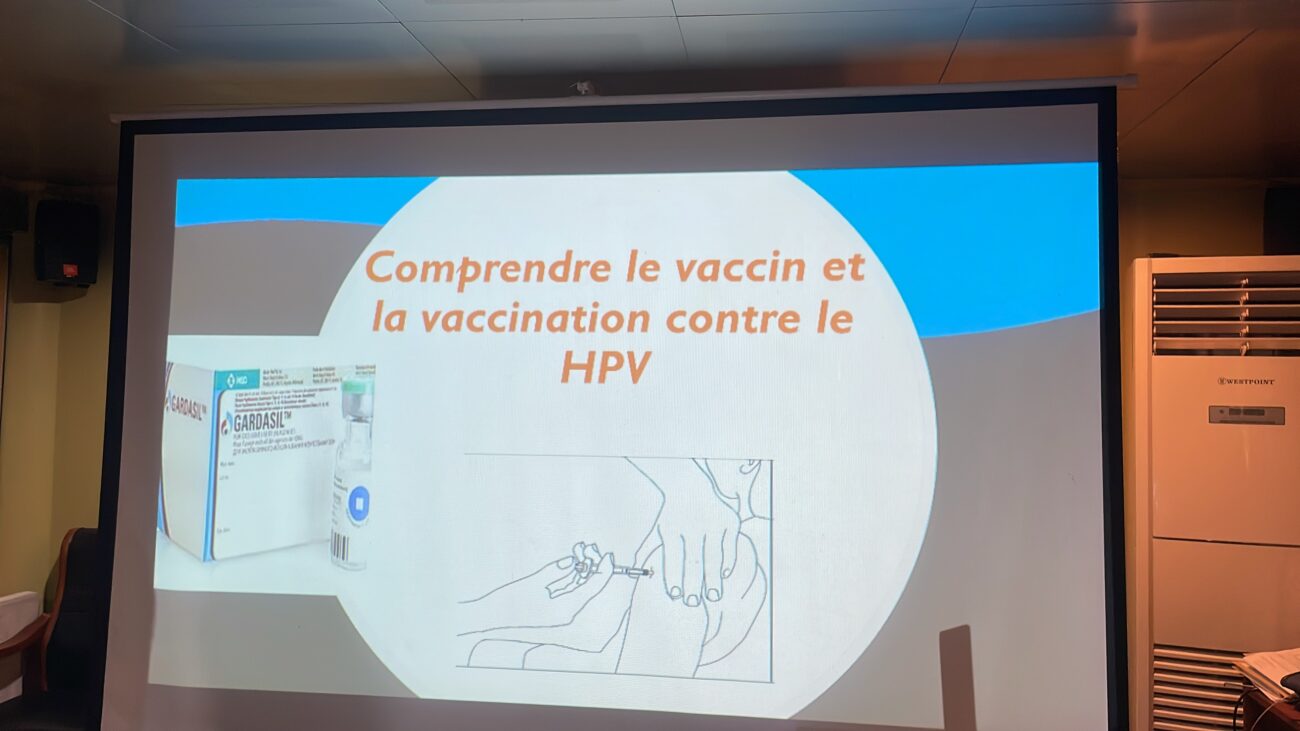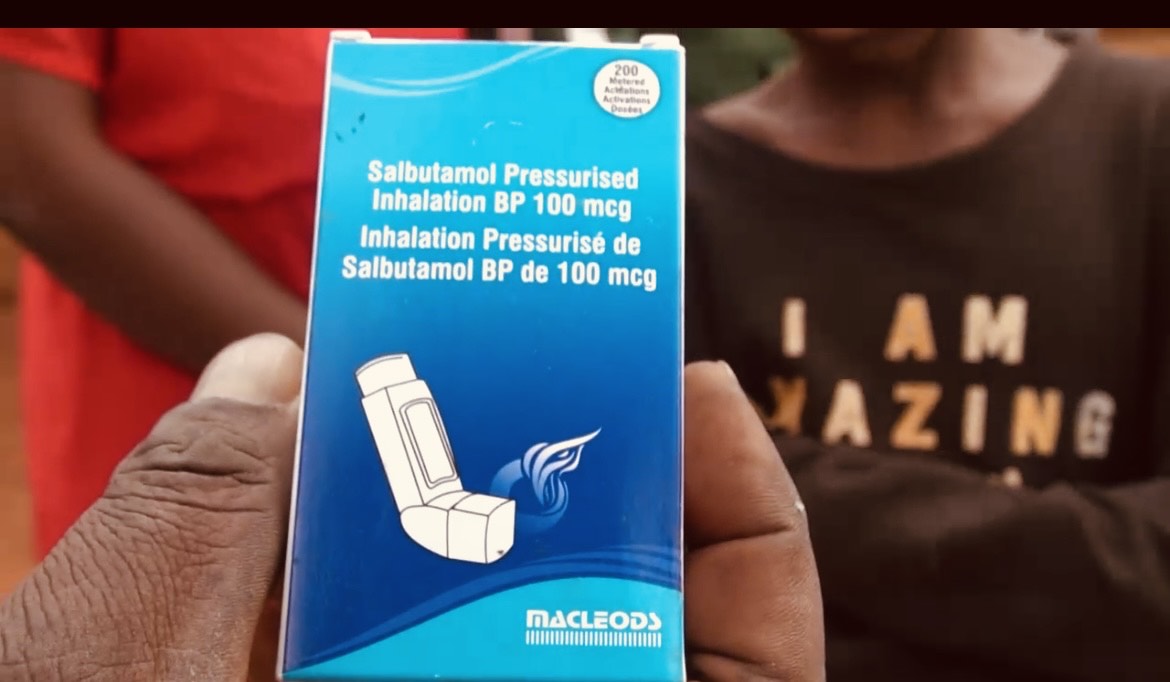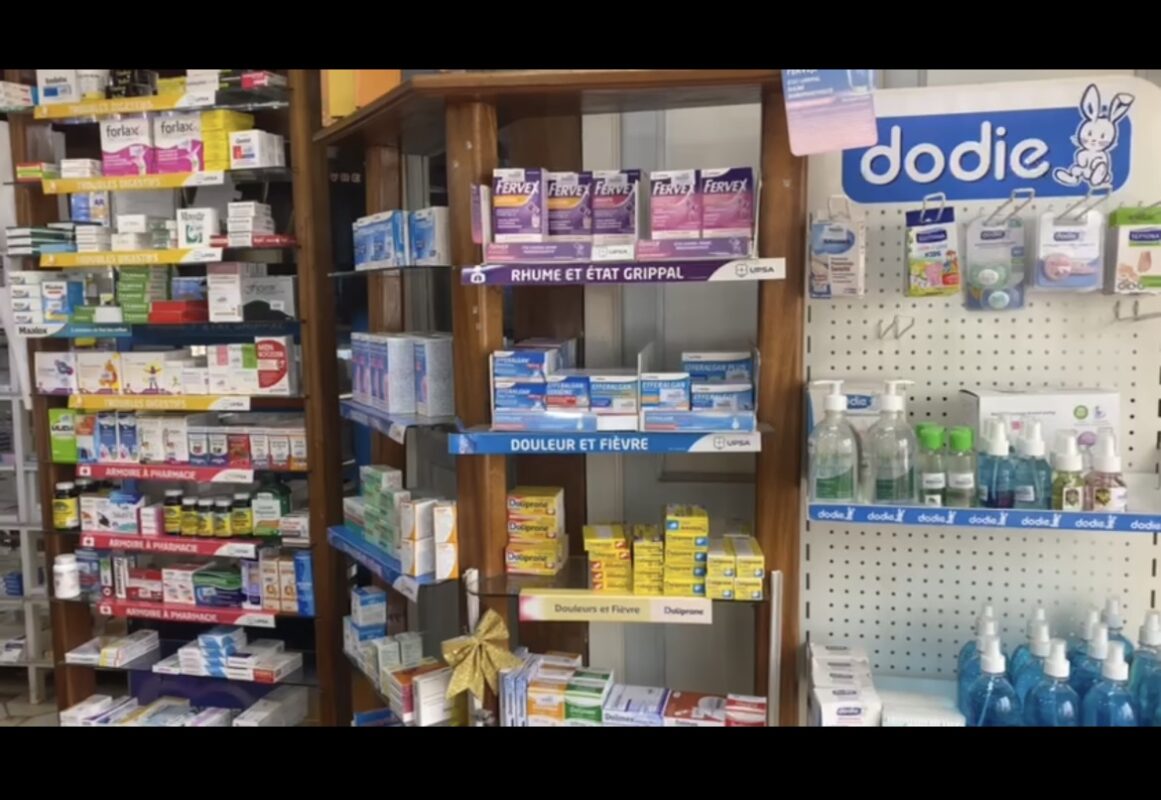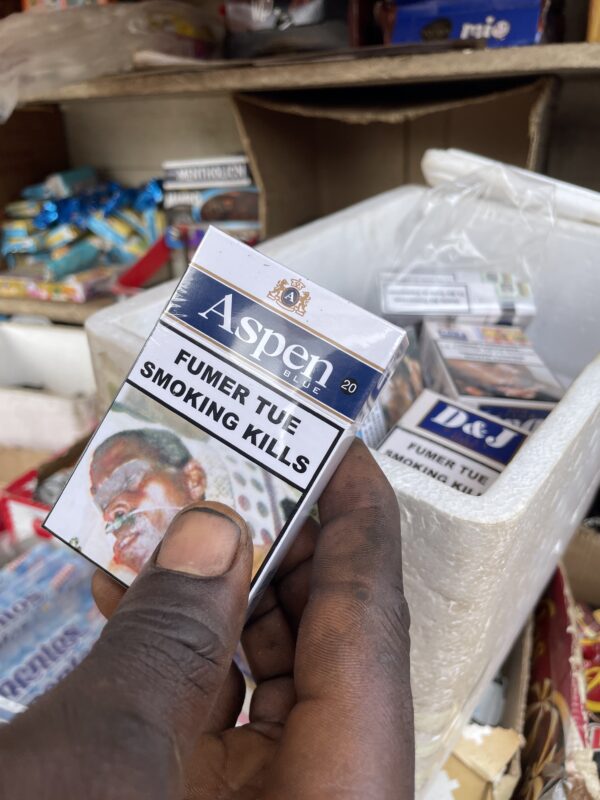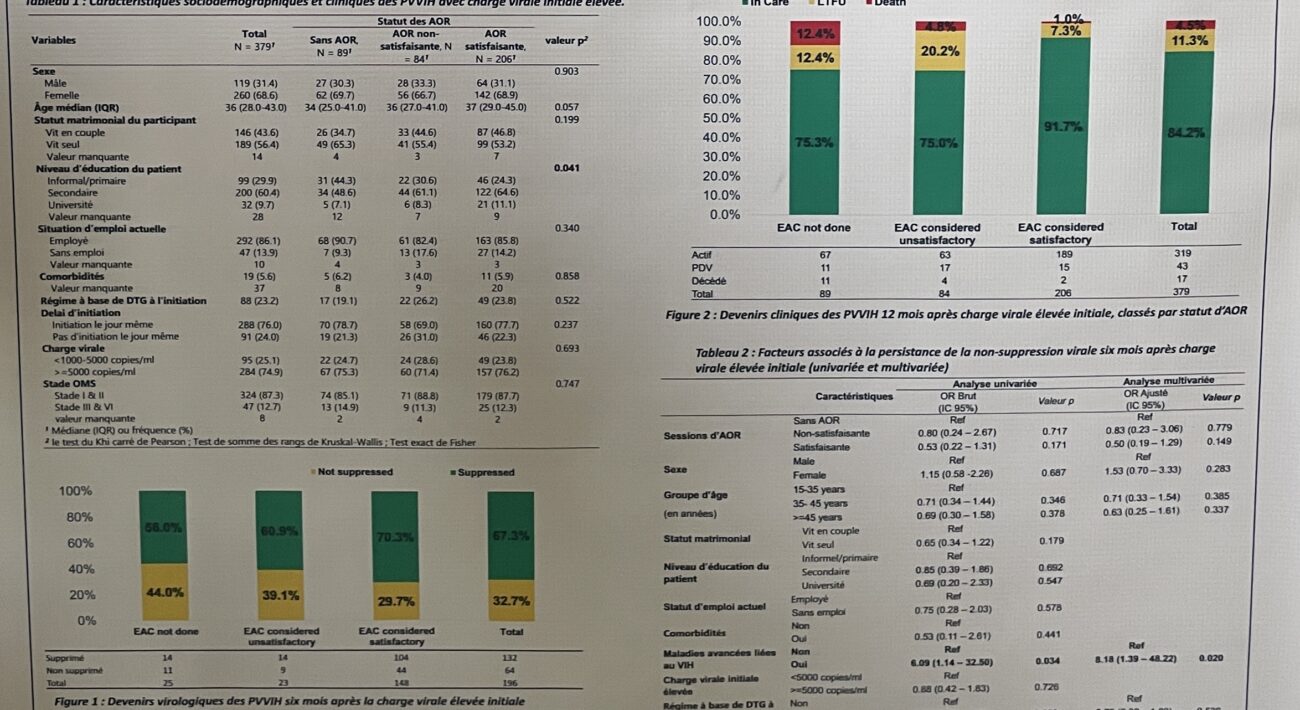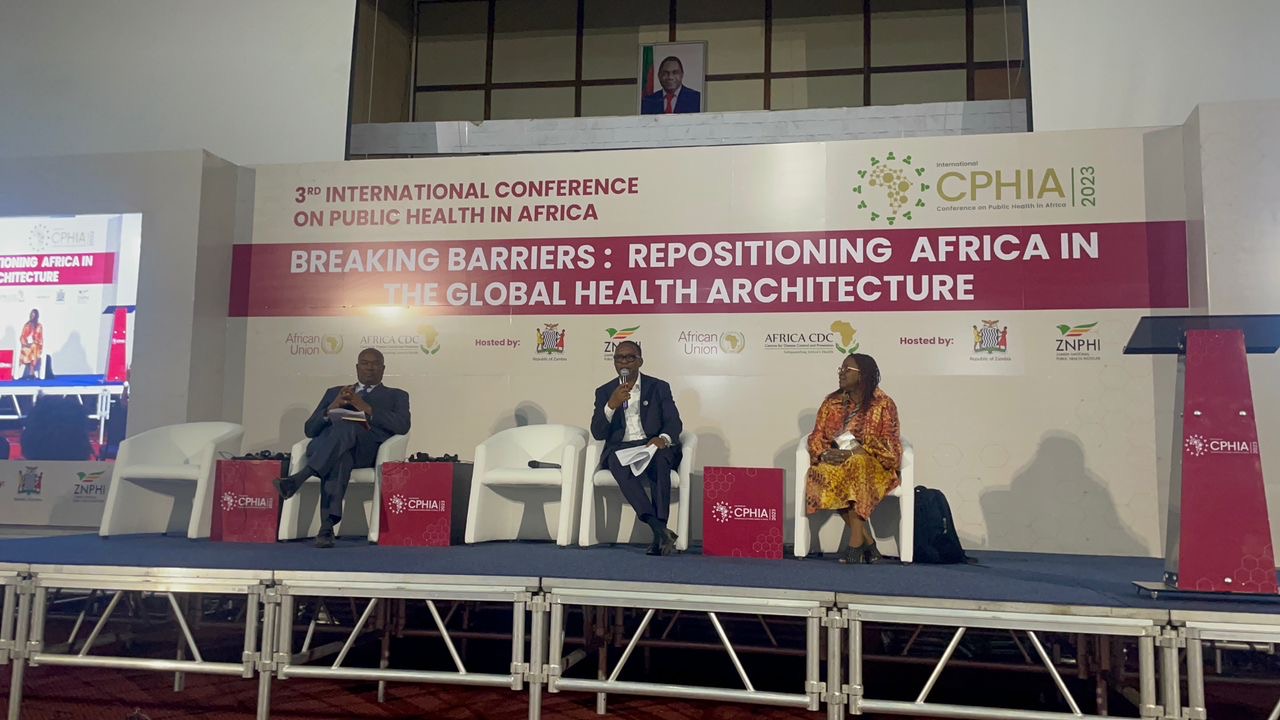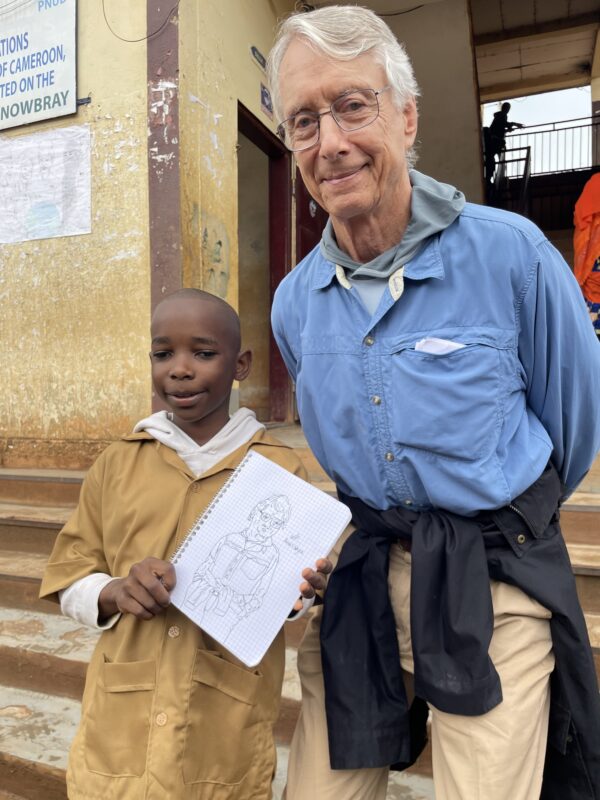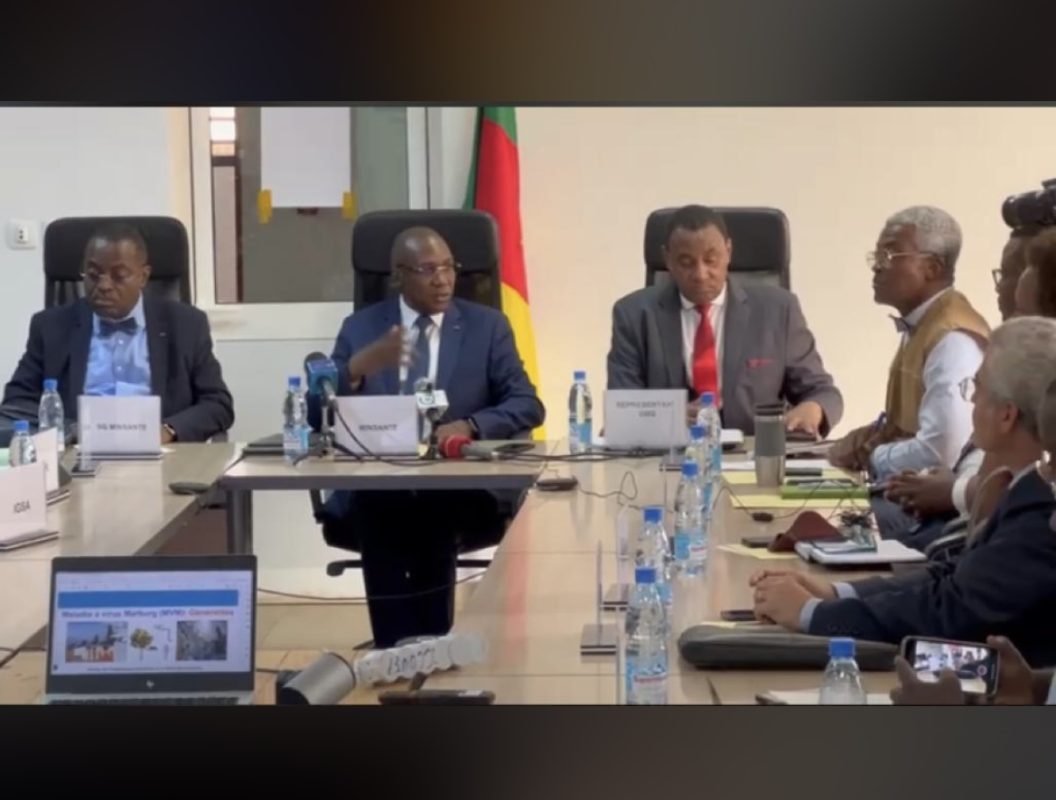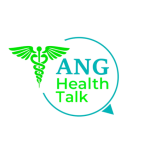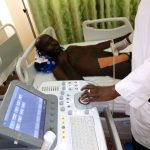Neglected Tropical Diseases (NTDs) are preventable and treatable infectious diseases that can disfigure/disable a person limiting his/her potentials. These diseases are prevalent amongst the poorest and most vulnerable people who live in hot/humid tropical climates.
Statistics from Cameroon’s health department shows 15 of the 20 world listed NTDs are endemic in the country with cases recorded in all 189 health districts of the country. NTDs remain a public health issue and the WHO recommends efforts to be doubled to beat NTDS if countries are serious about universal health coverage.
Helen Keller International (HKI) – an international NGO whose mission is to save sight/lives of the most vulnerable, has been playing an important role in the fight against five most common NTDs in Cameroon (onchocerciasis, lymphatic filariasis, trachoma, soil-transmitted helminths and schistosomiasis).
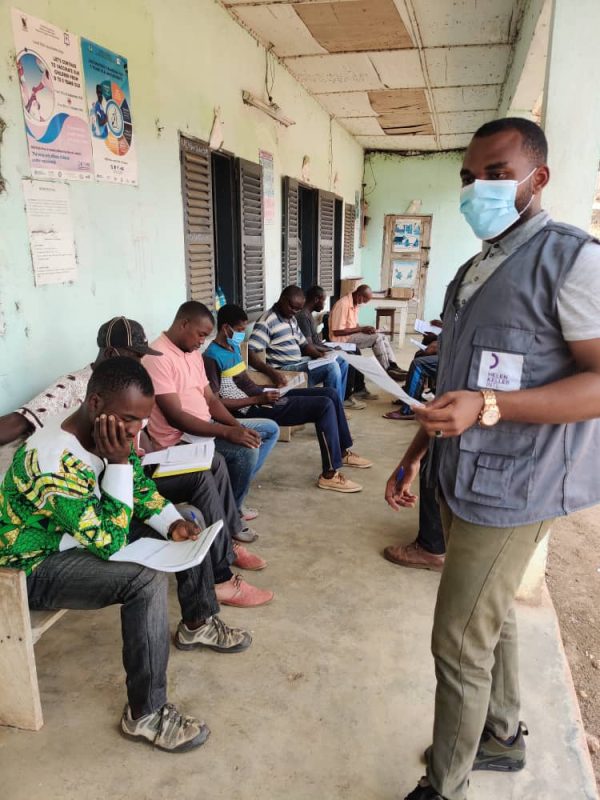
Since 1992, Helen Keller mobilizes funds via international donors like the United States Agency for International Development (USAIDs) through FHI360, to help Cameroon’s Ministry of Public Health combat these diseases.
Each year we gather 1-2billion FCFA to support the government in achieving the control and elimination objectives of targeted NTDs.
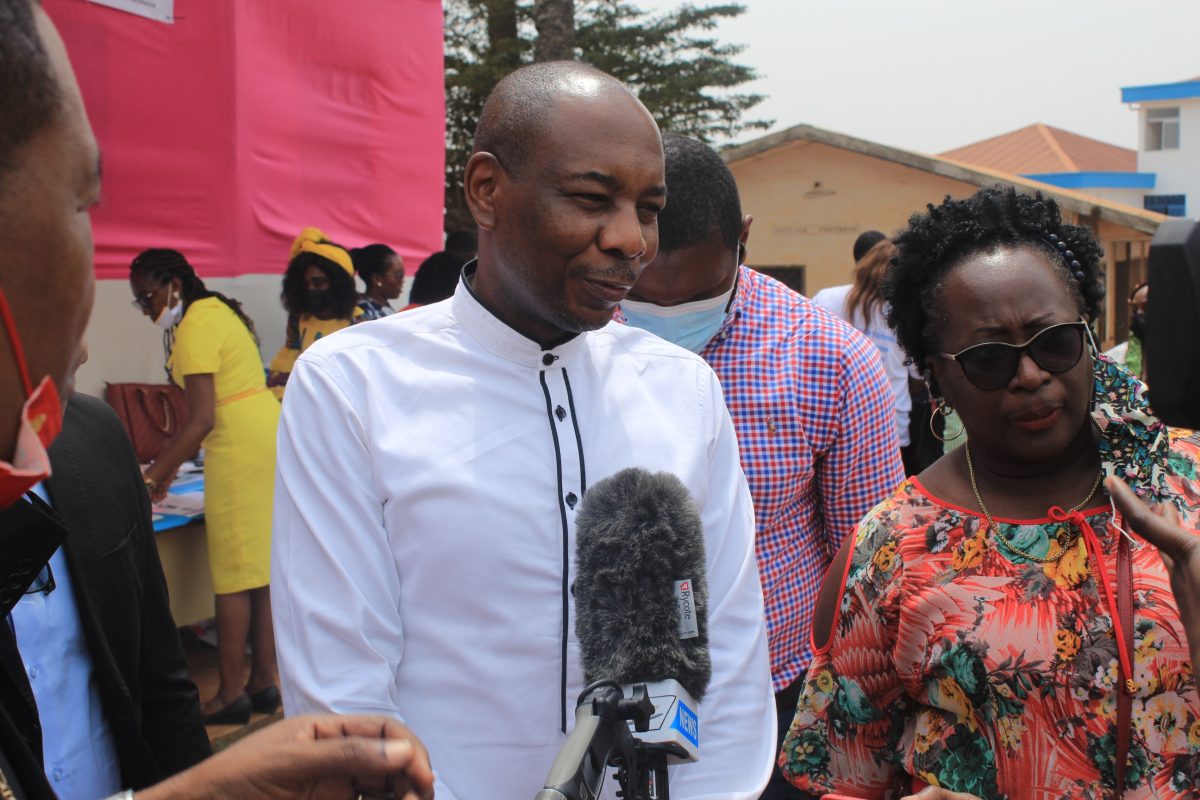
USAID’s Act to End NTDs | West Program
Cameroon has made tremendous progress in the elimination of NTDs. These laudable achievements were made in close collaboration with Helen Keller Intl. Trachoma and lymphatic filariasis are on good track to meet the elimination objectives. For these two diseases the country is conducting the surveillance phase.
Each year in Cameroon, Helen Keller Intl supports the mass distribution of Mectizan® to more than nine million people to fight River Blindness (onchocerciasis). The Annual Mass Drug Administration (MDA) is carried out under the leadership of the Ministry of Public Health, with technical support from partners including Helen Keller Intl, SightSavers, International Eye Foundation and PersPective.
It is clear for the government of Cameroon that NTDs would be eliminated as public health issue by 2030, we hope to accomplish that sooner than 2030 through the support of the partners of the government of Cameroon.
Dr. Teta
In addition, Helen Keller Intl accompanied Cameroon in the management of lymphatic filariasis complications (hydrocele surgery and management of Elephantiasis) and Trachoma specifically in the Northern regions.
According to Helen Keller Intl, NTDs were one of the few health and development issues that did not have a dedicated advocacy milestone until 2020.
The world NTDs day observed every January 30, is the anniversary of the landmark 2012 London declaration on NTDs, which united partners across sectors, countries and disease communities to call for greater investment and action on NTDs. The day was only put into effect two years ago.
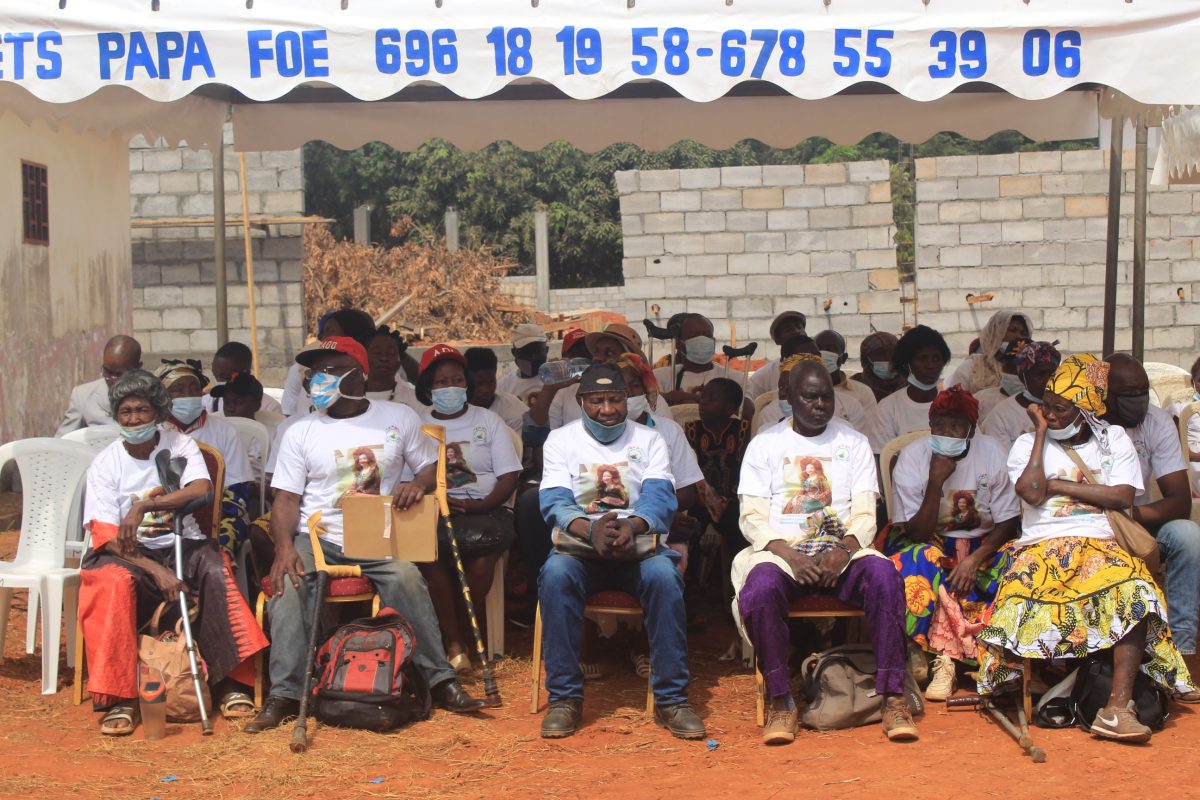
2022 NTDs day in Cameroon was used as an avenue to push for better health policies on the diseases. ” We have to increase the commitment for priority in limited resource settings, find new ambassadors/Philanthropist to engage in the fight against NTDs.” Noted Prof. Epee Emilienne a senior lecturer at the University of Yaounde 1, and NTDs Chief Service/Ministry of Public Health (Minsante).
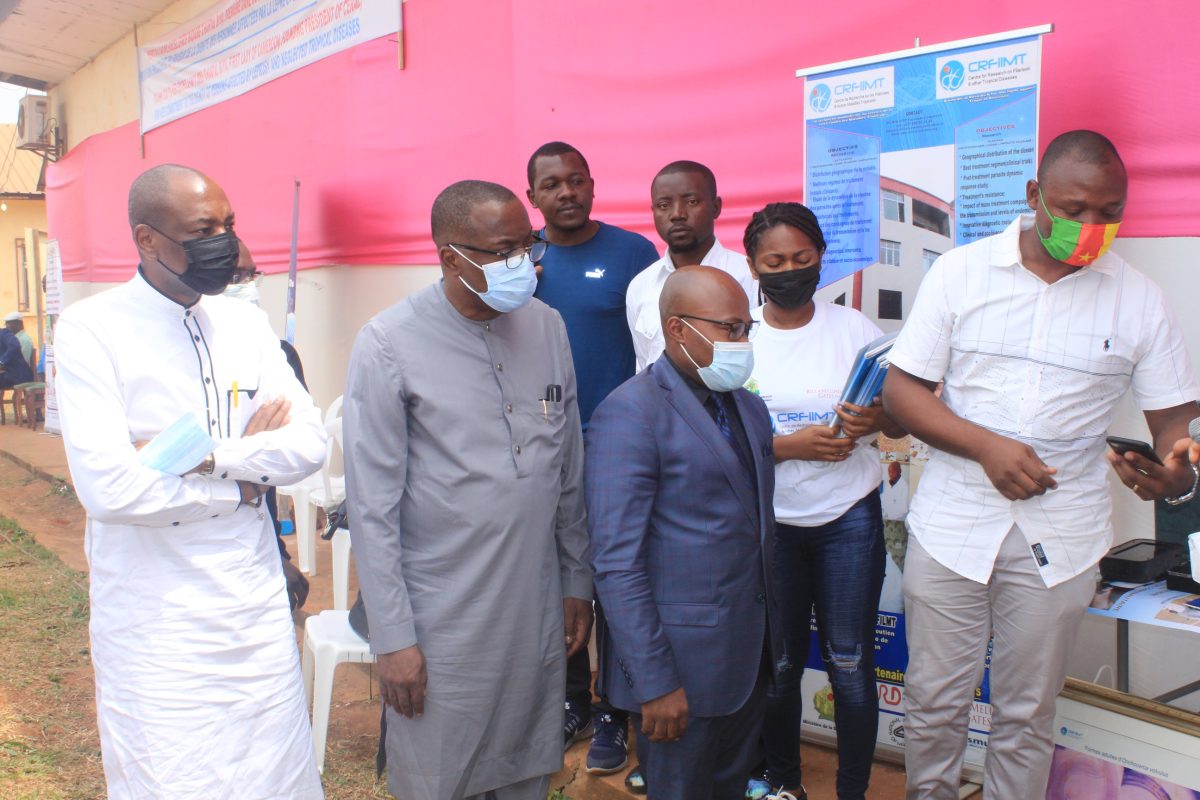
Achieving health equity to end the neglect of poverty related diseases was the theme of the 3rd world NTDs day. It indicates that countries need to take clear commitments to eliminate NTDs.
Braving the Health, Ethnic and Political Crisis
In 2022, Helen Keller intends to finalize some trachoma transition plans, use innovations that emerged before and during the COVID-19 pandemic to address disruptions and delays to the delivery of services and engage more community health workers. The government on his part is working towards the integration of what they have to reach equity and achieve complete elimination in accordance with WHO recommendations.
Access to the targeted population in Cameroon has not been easy due to the ongoing conflicts and a health crisis. Despite all, Helen Keller continues to sail through achieving its desired results. “Fortunately, we were able to mitigate the impact of COVID-19 on our programs.
Thanks to the resilience of the population, community health workers and our team, we continued with the Mectizan® mass administration and vitamin A supplementation.” Added Dr. Teta.
The organization that has been existing for 30 years now in Cameroon, had to also make more financial and human resource investment to reach its goals. The philanthropic organization also fights against malnutrition in Cameroon. Its services are integrated in ongoing programs and initiatives applied in cost effective and practical ways. They take into account actual health needs and local realities.
